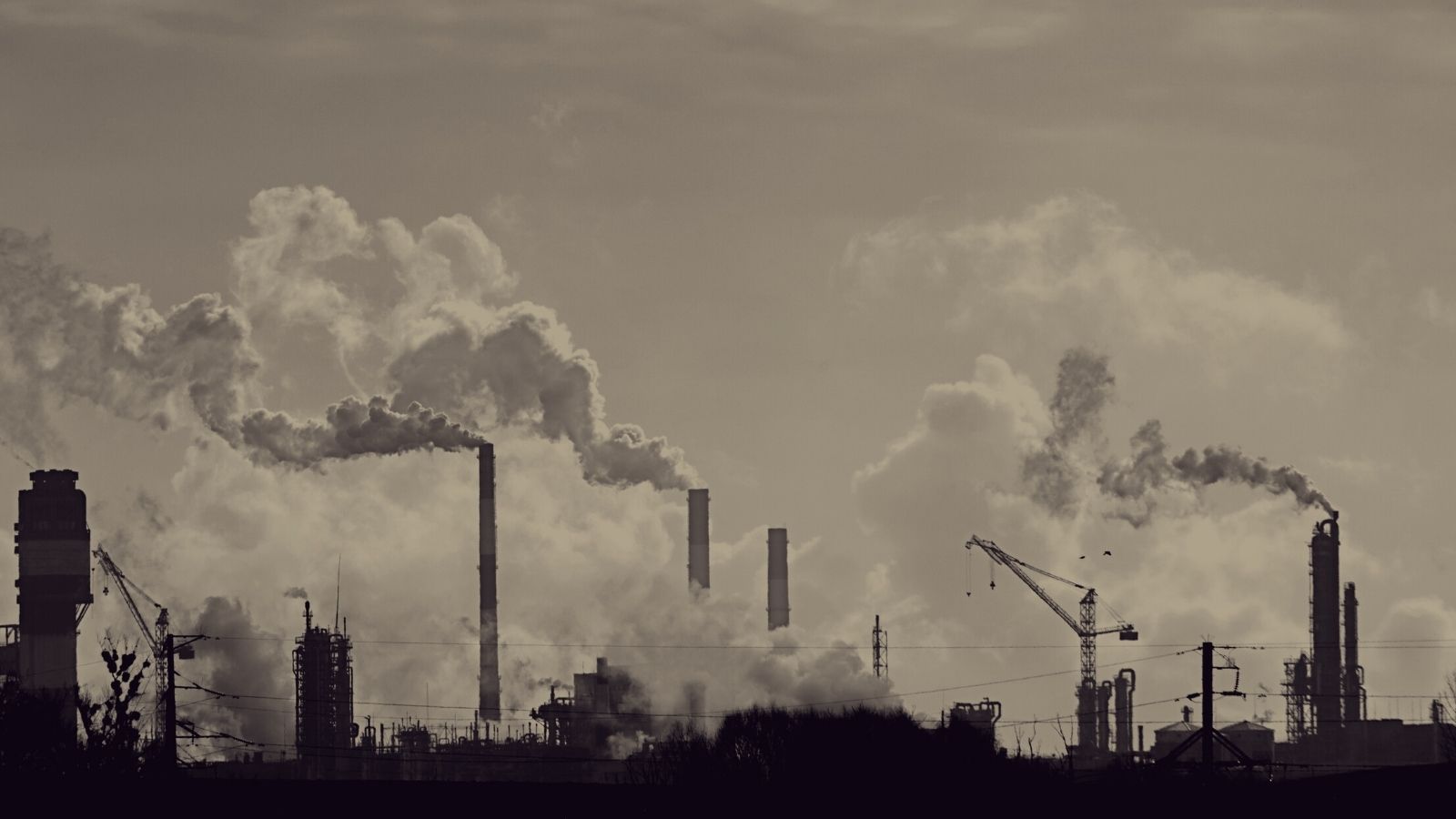
Scotland’s environmental regulator is investigating a near threefold increase in releases of a potent greenhouse gas from industrial sites in 2020.
According to the Scottish Environment Protection Agency (Sepa), five facilities across the country released 3,241kg of hydrofluorocarbons (HFCs) into the air in 2020. In 2019, Scots industrial sites reported the release of just 1,263kg of HFCs.
HFCs are a group of industrial chemicals primarily used for air conditioning and refrigeration. Three of the sites which reported releases of HFCs are in the chemicals sector, while the other two are involved in food and drink production.
HFCs are powerful pollutants which contribute to the climate crisis. It is believed that one tonne of the most commonly used HFC contributes as much to global warming as 1,430 tonnes of carbon dioxide.
Sepa said the two food and beverage companies had “accidental releases” of the substance and had since updated their refrigeration systems. The regulator added that investigations are ongoing to understand what happened at the three sites in the chemical sector.
The spike in HFC releases has provoked a concerned response from environmental activists. One campaigner said the 2020 HFC emissions were “the equivalent of adding several thousand extra cars to our roads”.
HFC Releases
The Sepa data - which comes from its new Scottish Pollutant Release Inventory - shows that SmithKline Beecham’s manufacturing facility at Irvine in North Ayrshire was the worst offender, releasing 1,250kg of HFCs into the air in 2020.
The firm told The Ferret this was caused by a fault with a piece of equipment but the problem had been “rectified”.
The Irvine plant was closely followed by agribusiness company ABP UK’s Perth processing facility, which was responsible for the release of 905kg of HFCs.
It is alarming that emissions have actually risen, meaning that HFC emissions were the equivalent of adding several thousand extra cars to our roads.
Dr. Richard Dixon
The Perth site was the only one of the five which also had releases above the reporting threshold in previous years. It produced 2,097kg of HFCs in 2018 and 933kg in 2019.
Sepa said that ABP may have achieved a bigger decrease in HFC emissions if it had not had an accidental release of 510kg in 2020.
DSM’s Drakemyre Chemical Works followed closely behind the ABP site, emitting 898kg in 2020. It blamed the numbers on a one-off release caused by a mechanical breakdown of cooling equipment.
Syngenta’s manufacturing centre at Grangemouth and Arla Foods’ creamery in Lockerbie also reported significant releases of the chemicals.
Dr Richard Dixon, an environmental campaigner and consultant who was the former director of Friends of the Earth Scotland, told The Ferret that the increase in HFC emissions was “alarming”.
Dixon said: “HFCs are more than a thousand times more dangerous to the climate than carbon dioxide, so we should be trying very hard to reduce their emissions to zero.
“It is alarming that emissions have actually risen, meaning that HFC emissions were the equivalent of adding several thousand extra cars to our roads.
“Where the releases were a mistake or an accident, Sepa should be looking at fining the companies concerned.”
Sepa noted that regulatory work to “investigate the three sites in the chemicals sector reporting HFCs is ongoing”.
It added: “The 188 per cent increase in HFCs between 2019 and 2020 can be linked to multiple factors.
“Two food and beverage sites released HFCs in 2020. Both had accidental releases and have taken steps to upgrade their refrigeration.”
HFC’s were developed by industry as a replacement for chlorofluorocarbons (CFCs) which were previously used for refrigeration and air conditioning.
CFCs were phased out because they damage the ozone layer, part of the earth’s atmosphere which protects us from the most damaging radiation from the sun. An international treaty to stop using CFCs, called the Montreal Protocol, was signed in 1987.
But it soon became clear that HFCs caused environmental issues of their own. As greenhouse gases, they trap heat in the atmosphere causing the planet’s temperature to rise.
In 2016 an amendment to the Montreal Protocol was signed in Kigali, Rwanda, which committed countries to reducing consumption of HFCs by 80 per cent by 2045. This is part of the global drive to limit global warming to no more than 1.5 degrees.
All parts of the UK are committed to reducing the use of HFCs by 79 per cent against 2011 levels by 2030. This is part of a wider strategy for Britain to reach net-zero greenhouse gas emissions by 2050.
GlaxoSmithKline (GSK), the parent company of SmithKline Beecham, said that its Irvine site had been fitted with additional gas sensors following the detection of the HFC leak.
A spokesperson added: “The Irvine manufacturing site is carefully monitored and controlled and operates well within the pollution prevention and control conditions of Sepa.
“In line with GSK’s net zero commitment, we are continually investing in capital and technology to reduce our overall impact on the environment and since 2017, the Irvine site has reduced its operational scope 1 and 2 emissions by 45 per cent.”
A DSM spokesperson said: “A mechanical breakdown of part of our manufacturing process’ cooling equipment in spring of 2020 caused a one-off release of HFCs.
“The equipment, which is necessary in the production of essential vitamins, was immediately repaired and we subsequently launched an investigation to prevent this from happening again.
“Our track record in the years before is evidence of how seriously we take such incidents and we are working together with SEPA on further improvements with the ambition to ultimately remove all HFCs from our site.”
The Ferret has contacted ABP UK, Arla Foods and Syngenta for comment.
Photo Credit: iStock/Vital Hill














